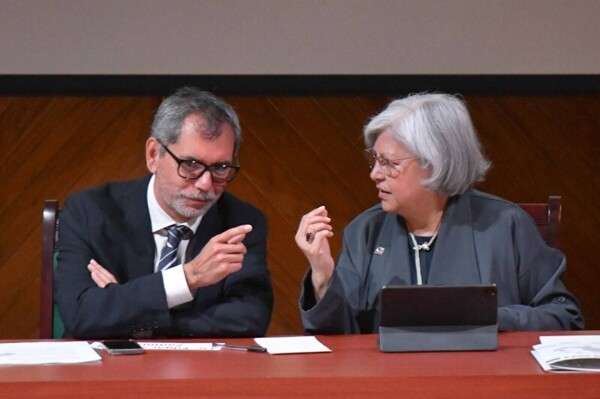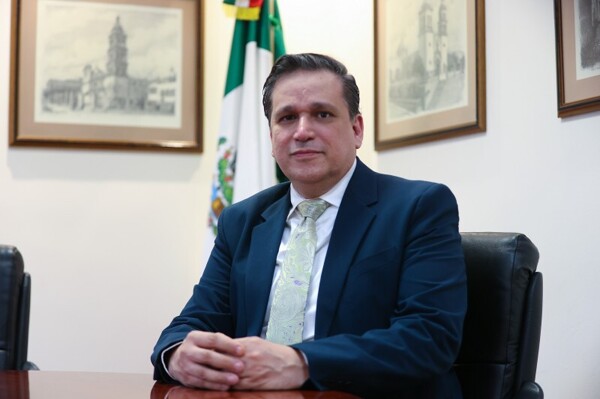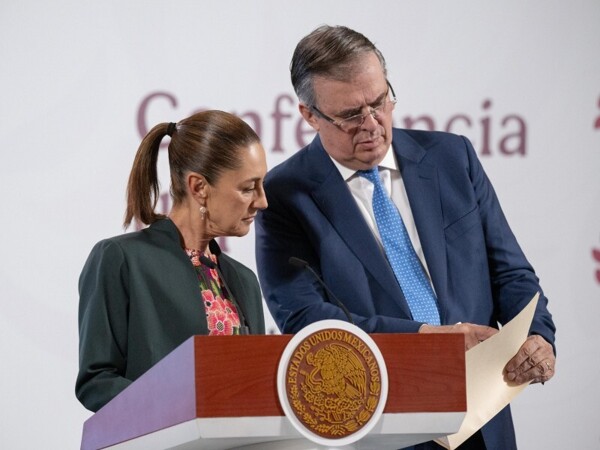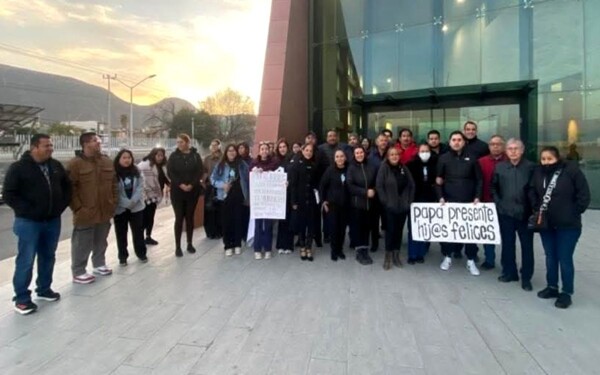
During the debate, the opposition accused that the proposal would allow state censorship, while the ruling party defended it on the grounds of the communicative sovereignty of the State. The proposal includes the extinction of the Federal Institute of Telecommunications (IFT), an autonomous body responsible for regulating the radioelectric spectrum and related services so far. The functions of the IFT would be transferred to the Federal Executive Power, through the creation of the Digital Transformation and Telecommunications Agency, a new agency with powers in the regulation, supervision, and promotion of public policies in telecommunications and broadcasting.
The bill establishes provisions to regulate the use of the radioelectric spectrum, the operation of public telecommunications networks, access to active and passive infrastructure, as well as orbital resources and satellite communication. It also establishes new modes of concession, shared use of the spectrum, and authorization of services in specific contexts. Concessions will be granted by the Digital Transformation and Telecommunications Agency, through procedures that include bidding, direct assignments, or mechanisms established in the law, according to the type of use and applicable technical and legal conditions.
The proposal also includes the creation of a registry of mobile phone users that can be consulted by the authorities, according to the criteria and conditions established by the Agency in the guidelines it issues for that purpose. The initiative establishes different types of concessions, such as the unique concession that grants the right to provide convergent public telecommunications or broadcasting services.
The bill to issue a new Law on Telecommunications and Broadcasting was approved by the corresponding United Commissions in a session presided over by Senators José Antonio Cruz Álvarez Lima, Alejandro Esquer Verdugo, and Enrique Inzunza Cázares. The document consists of 226 pages and 283 articles and was presented before the discussion of the reform proposal. The proposal does not include the use of the radioelectric spectrum or orbital resources, which must be requested through additional concessions.
The proposed law establishes specific restrictions regarding the transmission of content from foreign governments and regulates the transmission of messages, advertising, or propaganda through broadcasting, television, and digital platforms. It also prohibits the transmission of political or ideological propaganda from foreign governments and restricts these governments from using national media to influence the internal affairs of the country.
During the discussion, Senator Ricardo Anaya criticized the initiative, calling it the “Censorship Law,” and warned about possible censorship actions on the internet. In contrast, Senator Aníbal Ostoa Ortega defended the initiative arguing that it seeks to recover the communicative sovereignty of the State and combat “media colonization,” highlighting the protection of the country's sovereignty and self-determination in communications.














